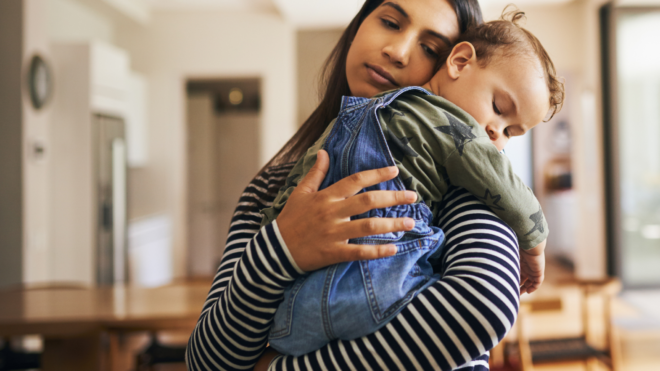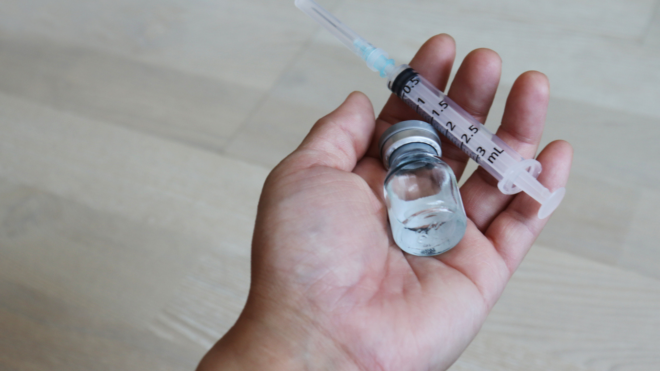Zayn Malik shocked his devoted fanbase when he announced that he's an eating disorder survivor. The 23-year-old singer revealed the heartbreaking news in his self-titled autobiography, released on November 1.
His eating disorder manifested in November 2014 while he toured with One Direction.
"It wasn't as though I had any concerns about my weight or anything like that, I'd just go for days — sometimes two or three days — without eating anything at all," he wrote in the book. "It got quite serious, although at the time I didn't recognize it for what it was. I think it was about control. I didn't feel like I had control over anything else in my life, but food was something I could control, so I did."
While Malik's confession definitely astounded those who've followed his career, it also continued breaking down the stigma around men and eating disorders.

The National Eating Disorders Association (NEDA) estimates that 10 million men in the United States will have an eating disorder in their lifetimes.
For context, this means that one in 10 men in the United States has an eating disorder, according to Dr. Mark Warren, medical director of The Emily Program, an organization that helps those who have eating disorders.
However, eating disorders are often considered a "women's problem," according to Claire Mysko, NEDA's CEO.
"When the eating disorders field began to emerge in the 1970s, it focused almost exclusively on women and that bias continues even today," she told Revelist in an email. "Eating disorders can affect anyone, regardless of gender identity, but they have been stereotyped as a 'woman's problem' that only impacts upper class, white, adolescent girls."
This misconception leads to massive stigma, which prevents many men from seeking treatment.
"Several factors lead to males with eating disorders going undiagnosed or underdiagnosed," Mysko explained. "Many men face a double stigma for having a disorder typically associated with women and for seeking psychological help, making them less likely to come forward. Additionally, assessment tests with language geared toward females have led to misconceptions about who eating disorders affect. And when males do come forward for treatment, they may feel out of place when surrounded almost exclusively by girls and women."

Mysko recommends doctors taking a "gender-sensitive" approach when treating eating disorders.
That starts with recognizing that men, like Malik, are capable of developing eating disorders. Many doctors misread the signs because eating disorders manifest differently for men and women.
"One common difference is many males would like to be lean and muscular, which typically represents the ideal male body type," Mysko said. "This can lead to compulsive over-exercise, supplement abuse, as well as binging, purging or restricting food intake. Athletic activities can also put males at risk for developing eating disorders."
She encourages coaches, friends, and family members to look for specific warning signs. "It’s important to remember that you can’t tell if someone has an eating disorder by looking at them, so important signs to look out for are withdrawing from friends and family, avoiding situations revolving around food and sticking to a rigid diet or exercise routine," she said.
Listening to male eating disorder survivors is important too. So, Revelist asked five men what it's like to have an eating disorder — and be overlooked.
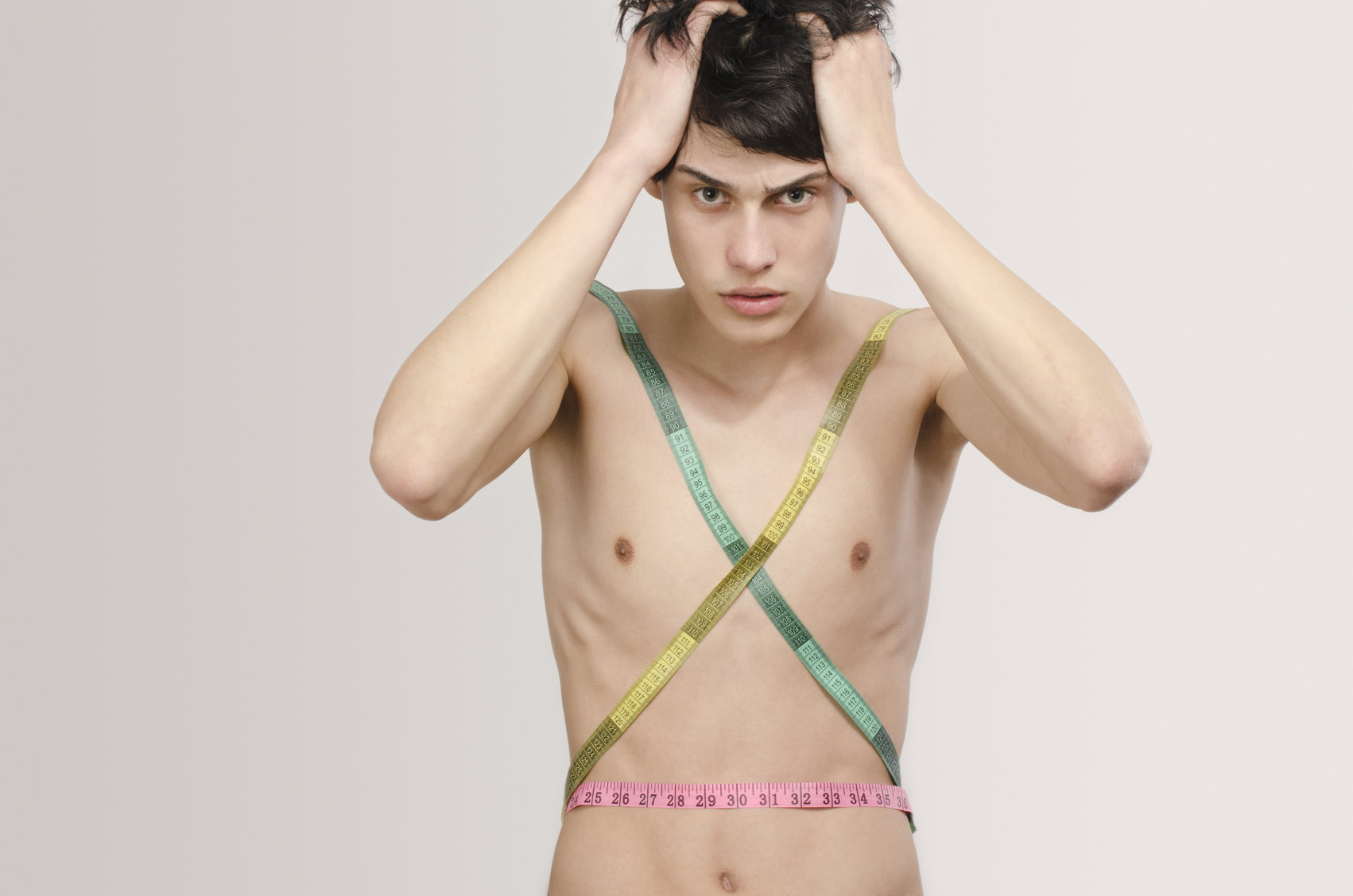
Brian Kearney, 25
"What I want people to know about men having eating disorders is that there are more of us out there than research shows," Kearney said in an email. "Even though research shows male eating disorders are on the rise, I believe more men are just becoming brave enough to come out and seek help. Men are also affected by the images of perfect bodies we see in the media, and men face the same types of pressures as women — be muscular, be toned, don't show emotion, etc.
I'd also like to make it a point that treatment options are mainly tailored towards women, and that is something that needs to change. I experienced firsthand just how many inpatient treatment facilities, and even outpatient programs, do not admit men. That needs to change, and it needs to change now."
Matt Stokes
"The most important thing to know is that, if you suffer from an eating disorder, keeping it to yourself is one of the worst things you can do," Stokes said in an email. "You need to talk to people about it, whether it's your family, your friends, your girlfriend, your boyfriend, your boss, your doctor. There is no shame in having an eating disorder.
And I think just as important is that having an eating disorder does not make you less of a man. Our society dictates certain things of men and women and this is wrong. You should not have to feel you have to be a certain way. The fact eating disorders affect women more is because society unfairly dictates things of them which it doesn't dictate of men. It being a 'women's illness' is a result of society."
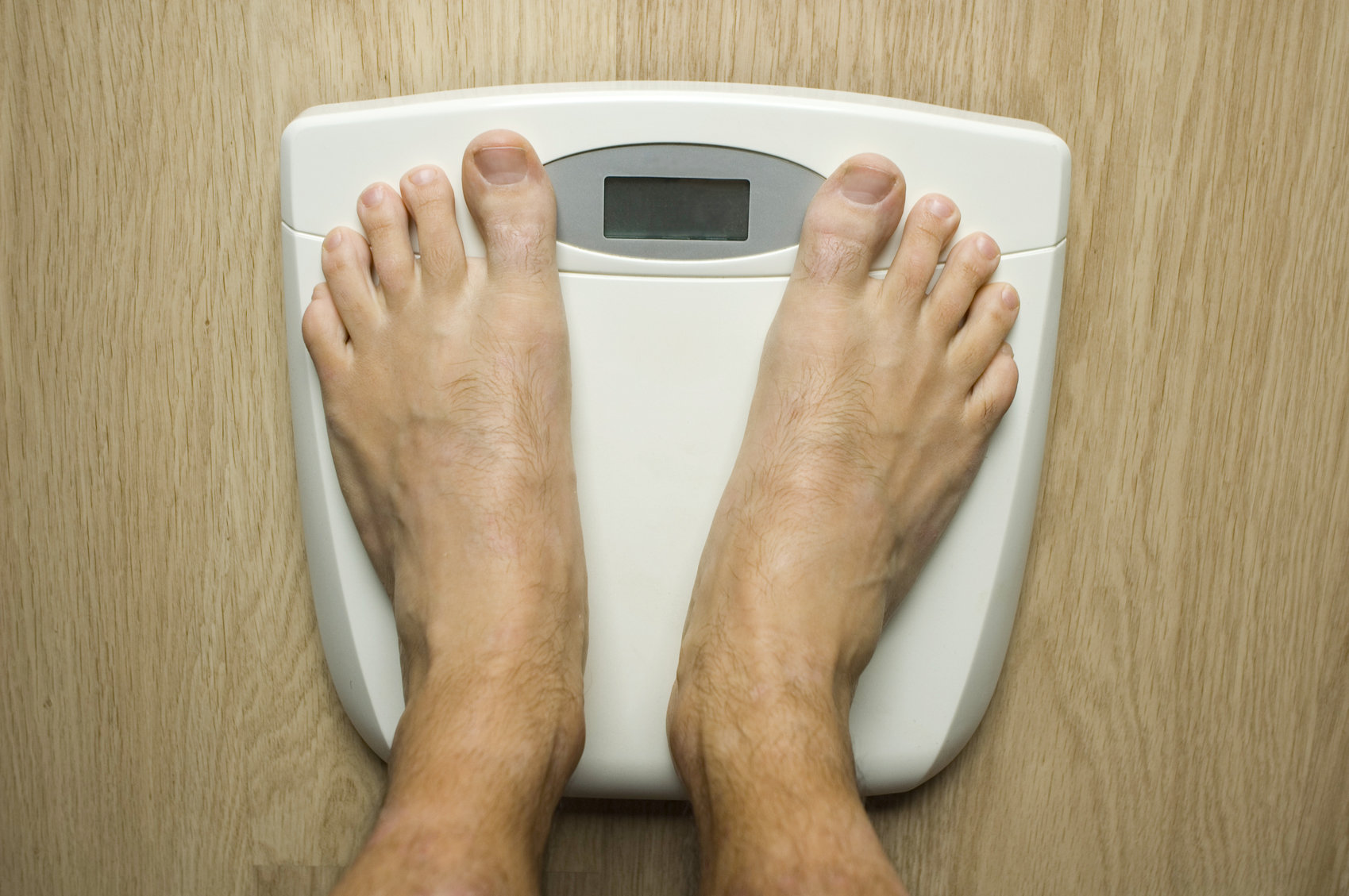
Sam Adams
"I'd say that eating disorders are just another consequence of being disaffected with ones life circumstances or mental state, rather than being solely based on vanity," Adams said in an email. "Similar to alcoholism or drug abuse, it is a way of coping with mental distress about any number of issues, including anxiety, depression, low self esteem, and lack of productivity."
Reddit user Kirchyking
"I want people to know that it's actually a thing that happens," Kirchyking said on Reddit. "When I first started displaying the habits of anorexia, no one said anything or didn't treat it seriously because they didn't think I could get one.
Someone even asked my once why I was telling people I had an eating disorder, almost like they were implying I was making something up. It caused me to have even more secrecy and shame, and when people actually started being concerned for me I was so deep in denial I wouldn't do anything."
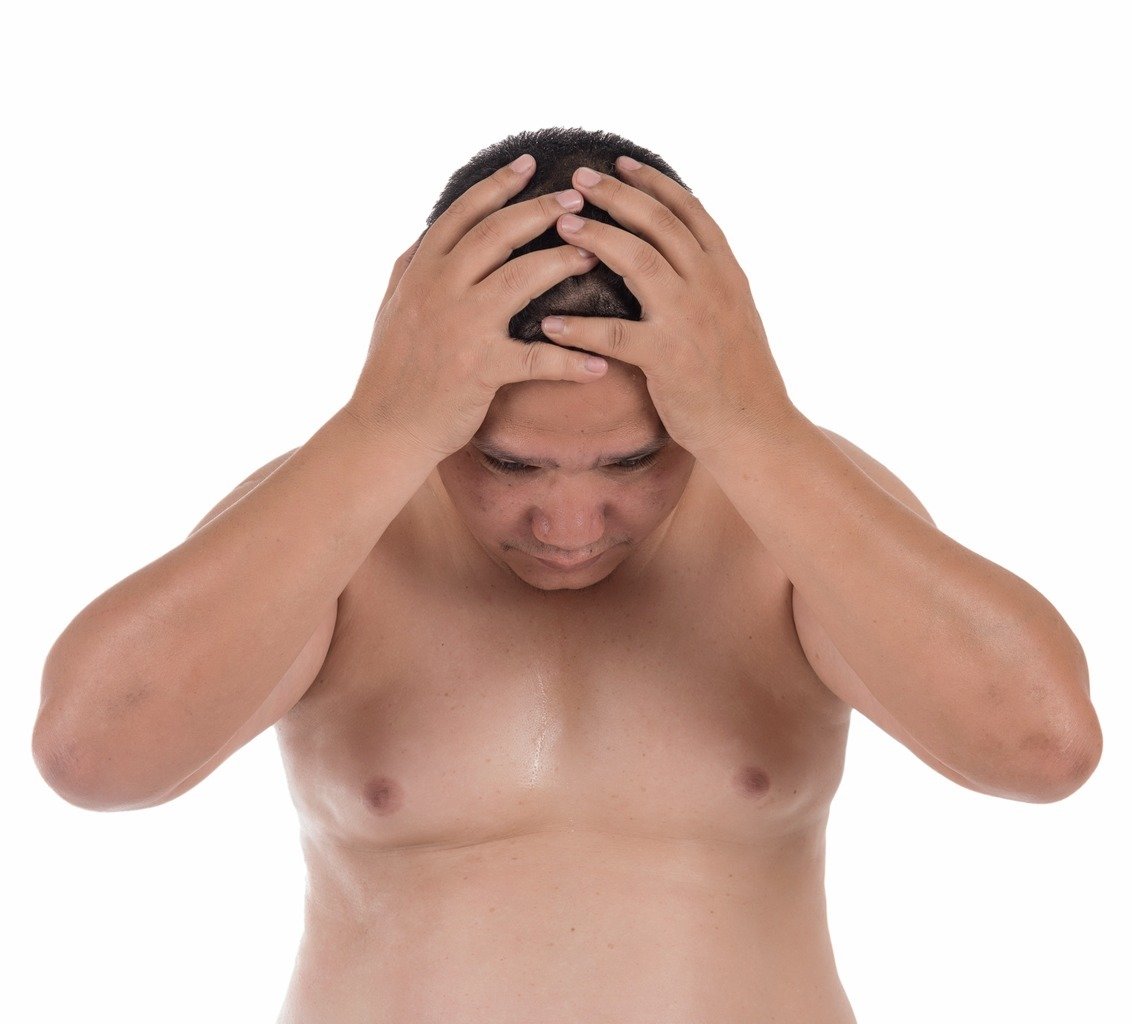
Kaurwn Bliss, 27
Bliss, who is agender, said that it took a while before they realized they had an eating disorder.
"It was over a decade before it even occurred to me that I might have an eating disorder; that's when you have body image issues, isn't it? I'd always been wiry, bony, and forever feeling inadequately muscular or strong (thanks, toxic masculinity). Why would I restrict? It didn't make any sense.
When I finally asked my doctor, she was baffled. She believed me when I told her it wasn't about my body — if anything, I wanted to gain weight — but she had never heard of such a case and had no idea what to do. After seeing several experts I realized that nobody had any clue what to do with me; they still don't.
The hardest part of living with my disorder is being an outlier, not fitting the standard script, not knowing if there are others or if anyone will ever learn how to treat me."
If you, or someone you know, are struggling with an eating disorder, there's immediate help available.
NEDA recommends calling its hotline at 800-931-2237. They're available Monday through Thursday from 9 am to 9 pm EST and on Fridays from 9 am to 5 pm.

